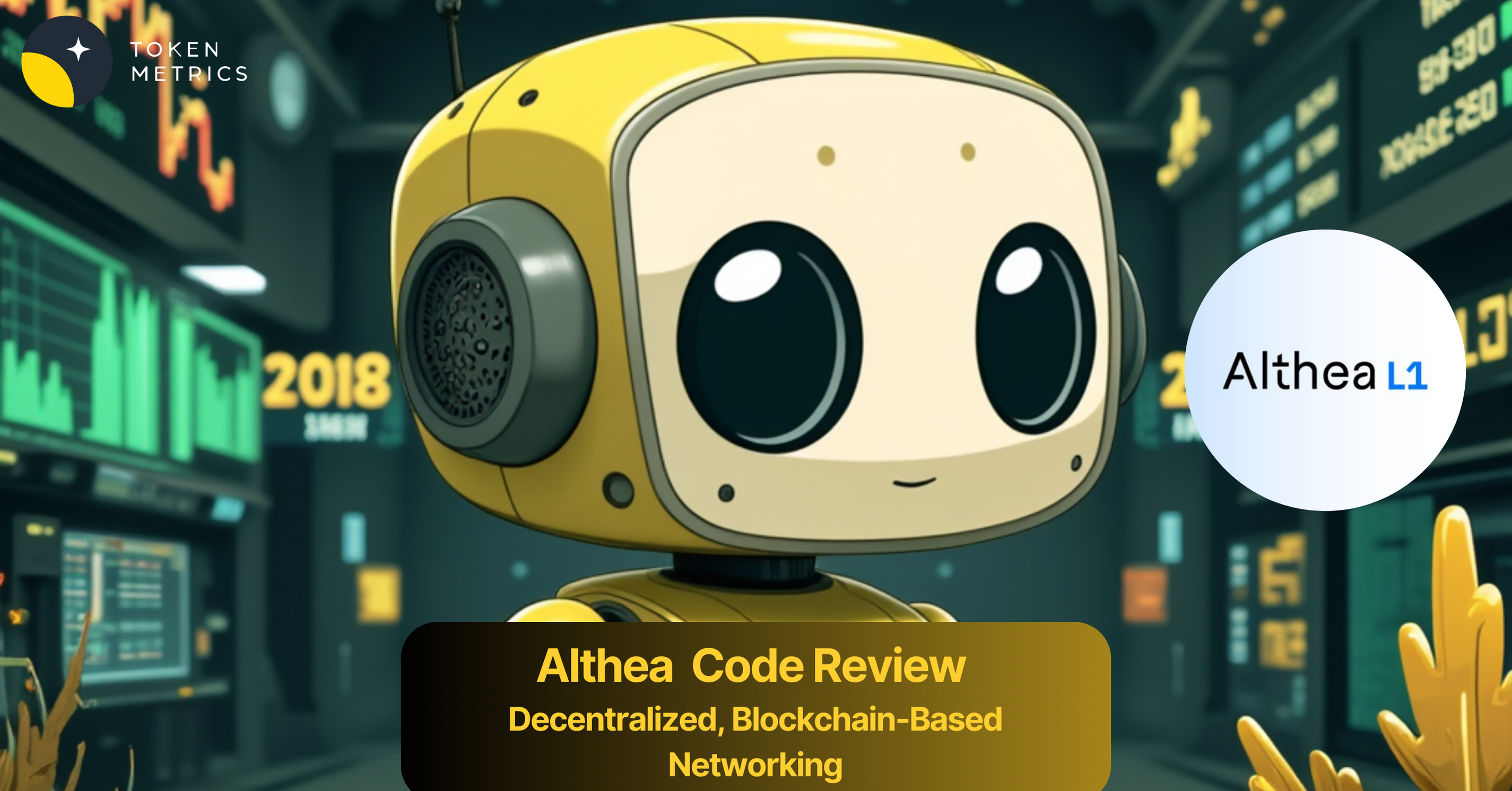Polymesh (POLY) Code Review
TM Rating: 82% I
Review Date: October 24th, 2021
Polymesh is an institutional-grade blockchain built specifically for regulated securities. It streamlines antiquated processes and opens the door to new financial instruments by solving regulatory challenges with public infrastructure around identity, compliance, confidentiality, and governance.
Their technology enables you to create, issue, and manage digital securities on blockchain. Its quick-to-market approach aims at connecting regulation and compliance of traditional securities with blockchain technology. The main difference between Polymesh’s approach and that of a general-purpose blockchain, such as Ethereum, is that Polymesh’s design focuses on a precise solution to specific requirements, rather than a generalized solution to abstract requirements. Until today, the creation, issuance, and ongoing management of traditional securities have been inefficient and ineffective and the solution to this would come through tokenization and security tokens.
Polymesh is built on the Substrate framework, an open-source project that provides a fully customizable, modular and extendable framework for blockchain developers. Because of compliance issues, any Polymesh key can hold POLYX, their native token used for security and payments, but it can only be sent and received by a key which is associated with an identity that has a valid Customer Due Diligence claim.
Polymesh is tailored to the needs of regulated assets and global capital markets. This approach is guided by the four key pillars of Polymesh – Identity, Governance, Confidentiality and Compliance. The existing POLY ERC20 tokens, used in the first version of the protocol built by Polymath and running on Ethereum, can be swapped one-to-one for POLYX tokens on Polymesh via the bridge process. The securities market is worth tens of trillions of dollars, and it has the potential to be worth even more with tokenization, which stands to utterly transform the way value is transferred in financial markets.
As with most other layer 1 protocols, Polymesh supports smart contracts, called Smart Extensions, that add certain types of functionality to Polymesh primitives. In the first iteration of Polymesh, smart extensions are supported for additional transfer restrictions that may not be possible using the embedded claim primitive. Smart extensions are currently written in Ink! – a Rust based DSL for smart contracts on top of Substrate based chains like Polymesh. While this is not the most developer-friendly language, this is not an issue as Polymesh is really specific and not aimed for general purposes. Their mainnet is scheduled to launch very shortly.
Informations below are about Polymath token POLY swappable one to one with POLYX
To visit the Polymesh official website, click here.







